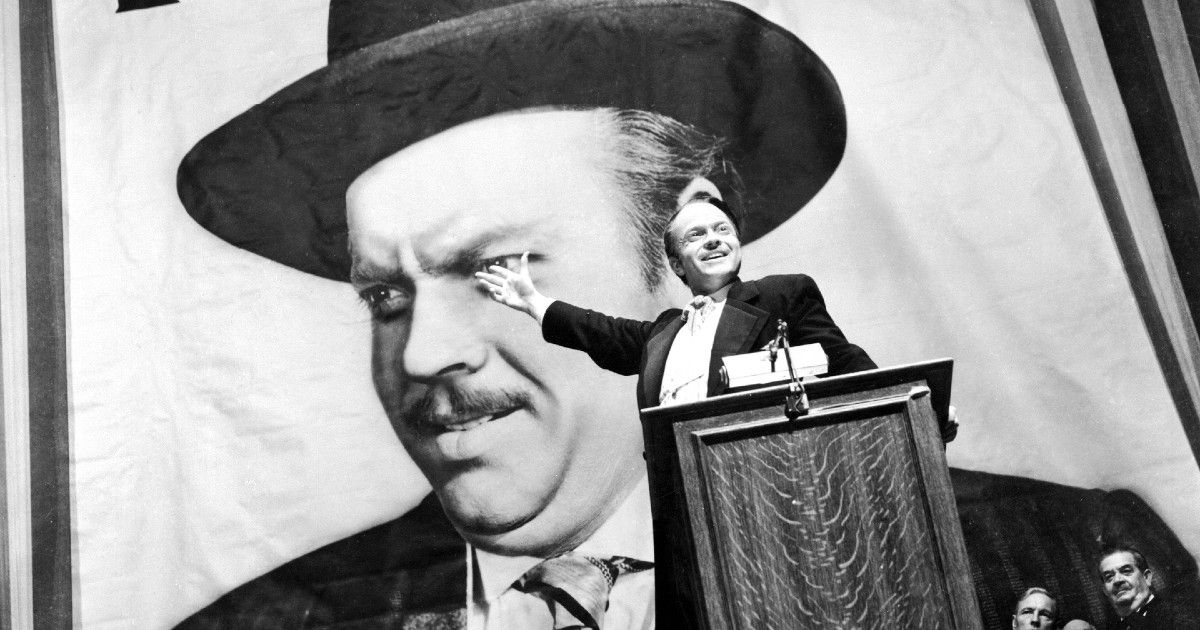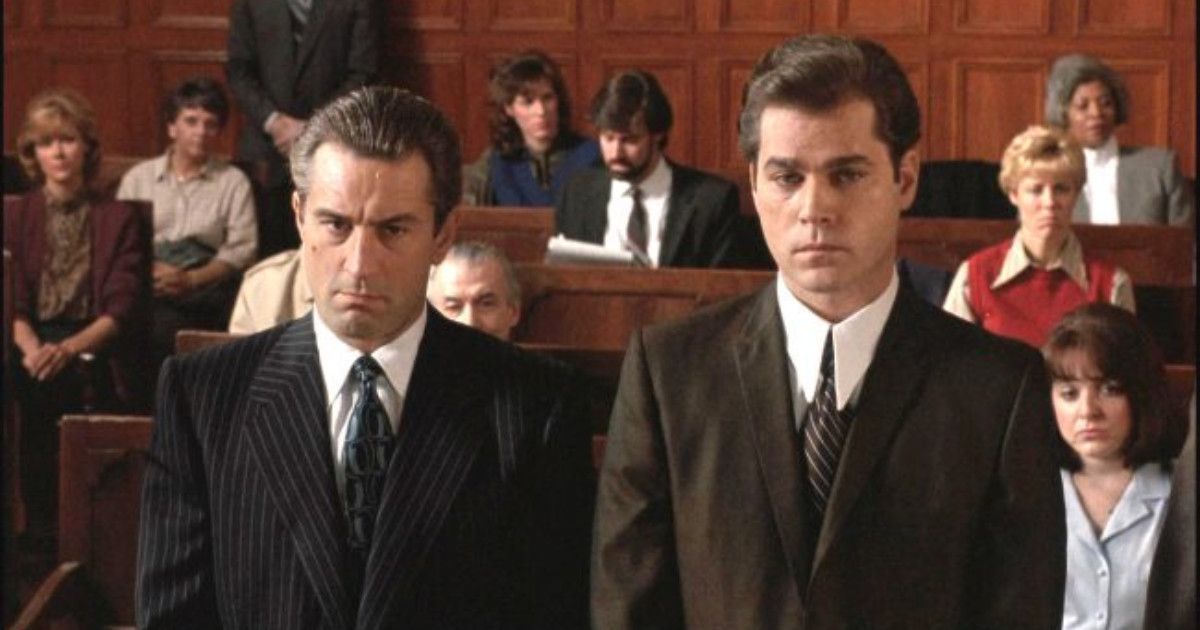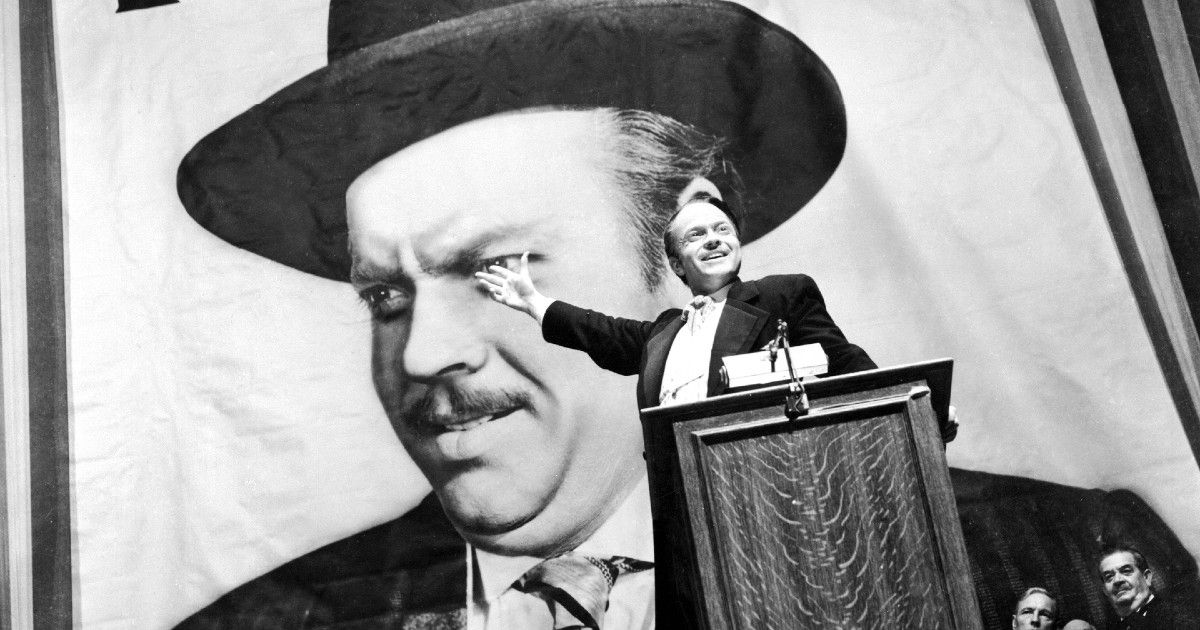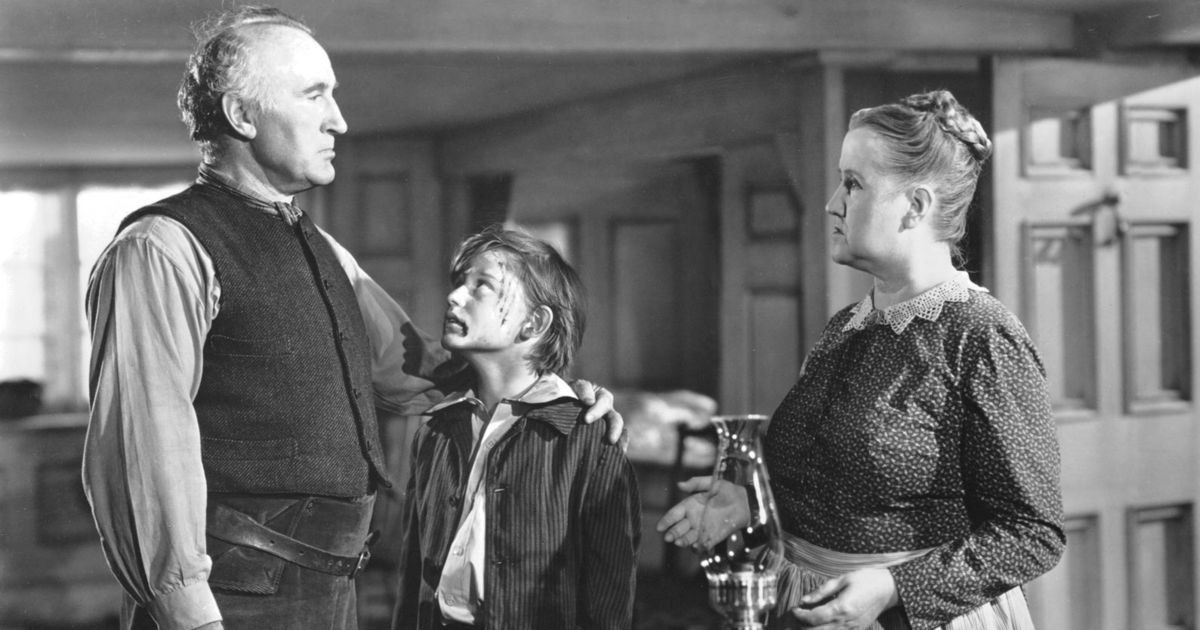Despite five nominations in the category, Alfred Hitchcock never won the Academy Award for Best Director. In 1990, Kevin Costner stunned the world as his Dances With Wolves beat Martin Scorsese’s Goodfellas (1990) for Best Picture and Best Director both. However, perhaps the biggest snub in Oscar history materialized in 1942.
Honoring the best movies and filmmakers of 1941, this was the 14th Academy Awards ceremony since its inception in 1929. Taking place on February 26, 1942, in Los Angeles, California, this event it will likely go down in history. Most people are familiar with Orson Welles and his standout achievement Citizen Kane (1941), and while John Ford may be a recognizable name, his 1941 film How Green Was My Valley is anything but his best.
Famous Examples of Oscar Snubs
Martin Scorsese truly should have been recognized to some extent for his masterful work on Goodfellas in 1990. That much is obvious, especially over the likes of Kevin Costner and Dances With Wolves. But there are plenty of other decisions throughout Academy Award history that spurred filmgoers around the world to invest in torches and pitchforks.
One example came just a few years after Goodfellas, when Forrest Gump (1994) won Best Picture over Pulp Fiction (1994). Tarantino received some consolation for the robbery, winning Best Original Screenplay, but in hindsight, few people agree with the Best Picture decision. The Social Network (2010) should have undoubtedly won Best Film over The King’s Speech (2010), too, but the point’s been driven home.
For what it’s worth, though: those are only the snubs for Best Picture. There’s a whole world of Oscar robberies for acting, screenwriting, and even cinematography that could all play a factor here. In the end, though, Best Picture is without a doubt the highest achievement a filmmaker can reach, and if anyone should have laid claim to that, it’s undoubtedly Orson Welles.
The "Greatest Film of All Time" Lost in Almost Every Category Where It Was Nominated
Through nine nominations, Citizen Kane won only one award at the Oscars: Best Original Screenplay. Accolades don’t mean everything with regard to legacy, but sometimes, choices couldn’t have been clearer for a front-runner at the Academy Awards, and it’s worth noting how greatly the reputation of both films at hand have been impacted eighty years down the line.
Commonly called the greatest film of all time, with Welles going down as perhaps the most studied director in film schools around the country. His influence is off the charts, up there with Kubrick and Kurosawa as one of the all-time greats, and without Citizen Kane, he wouldn’t be the household name that he is today.
With an airtight structure, memorable performances and brilliant direction, this Golden Age classic was revered by critics upon release, and even more so today. To think that Welles never won a Best Director is one thing, but to actually sit down and consider how Citizen Kane lost Best Film to How Green Was My Valley by John Ford is another conversation entirely.
How Green Was My Valley Will Always Be Remembered Unfavorably for Winning Best Picture Over Citizen Kane
John Ford holds the record for most Best Director wins, with four. His first came with the 1935 film The Informer, and his second was for The Grapes of Wrath in 1940. Then he won again in 1941 for, yeah, How Green Was My Valley. The last one came in 1952 with The Quiet Man, adding up to, again, four Best Director wins in total.
If those numbers prove anything, it’s that the Academy historically adored the work of John Ford. But the primary reason his win at hand aged so horribly is because, for the most part, John Ford is known today for his westerns, not these award-baiting slices of life. Stagecoach (1939), The Searchers (1956), The Man Who Shot Liberty Valance (1962) — in the twenty-first century, these are Ford’s most famous films.
If anything, How Green Was My Valley is truly remembered by film fans for its execution of an all-time great heist on Orson Welles. While Ford’s work herein remains largely forgotten, Citizen Kane is regarded, from a consensual standpoint, as the greatest films ever made. Others that can stake a claim for that title include Casablanca (1942), The Godfather (1972), or even Gone With the Wind (1939). But here’s the thing: all three of those films won Best Picture.
While Goodfellas should have won Best Picture, maybe Best Director too, Martin Scorsese has multiple films that could classify as his best. Taxi Driver (1976), Raging Bull (1980), and The Departed (2006) are all among his finest work, and that last one actually did bring home Best Picture and Best Director for the American filmmaker.
David Fincher is best known for his crime-thrillers: Se7en (1995), Fight Club (1999), and Zodiac (2007). If anyone reflects on The Social Network, they’ll think of screenwriter Aaron Sorkin just as prominently as Fincher. That’s not the case with Welles.
None of this is to say How Green Was My Valley was unworthy of acclaim and attention. It won Best Picture, after all. But when up against the movie now considered to be the greatest of all time, studied ad nauseam by filmmakers and students alike, it shouldn’t have stood a chance. The Academy must still beat themselves up when looking back on 1942.




